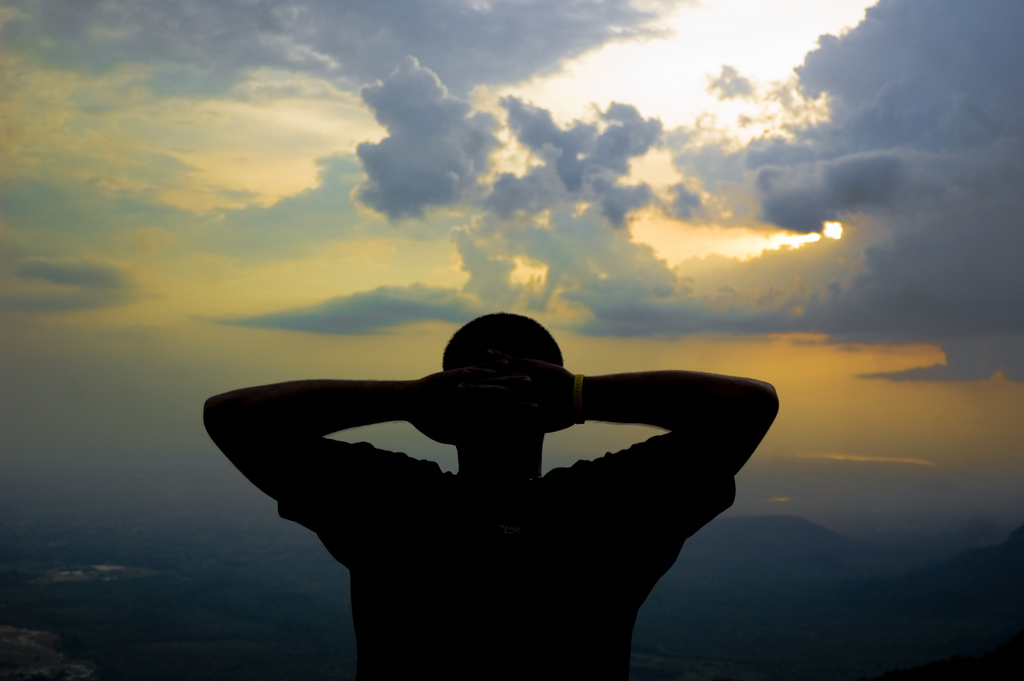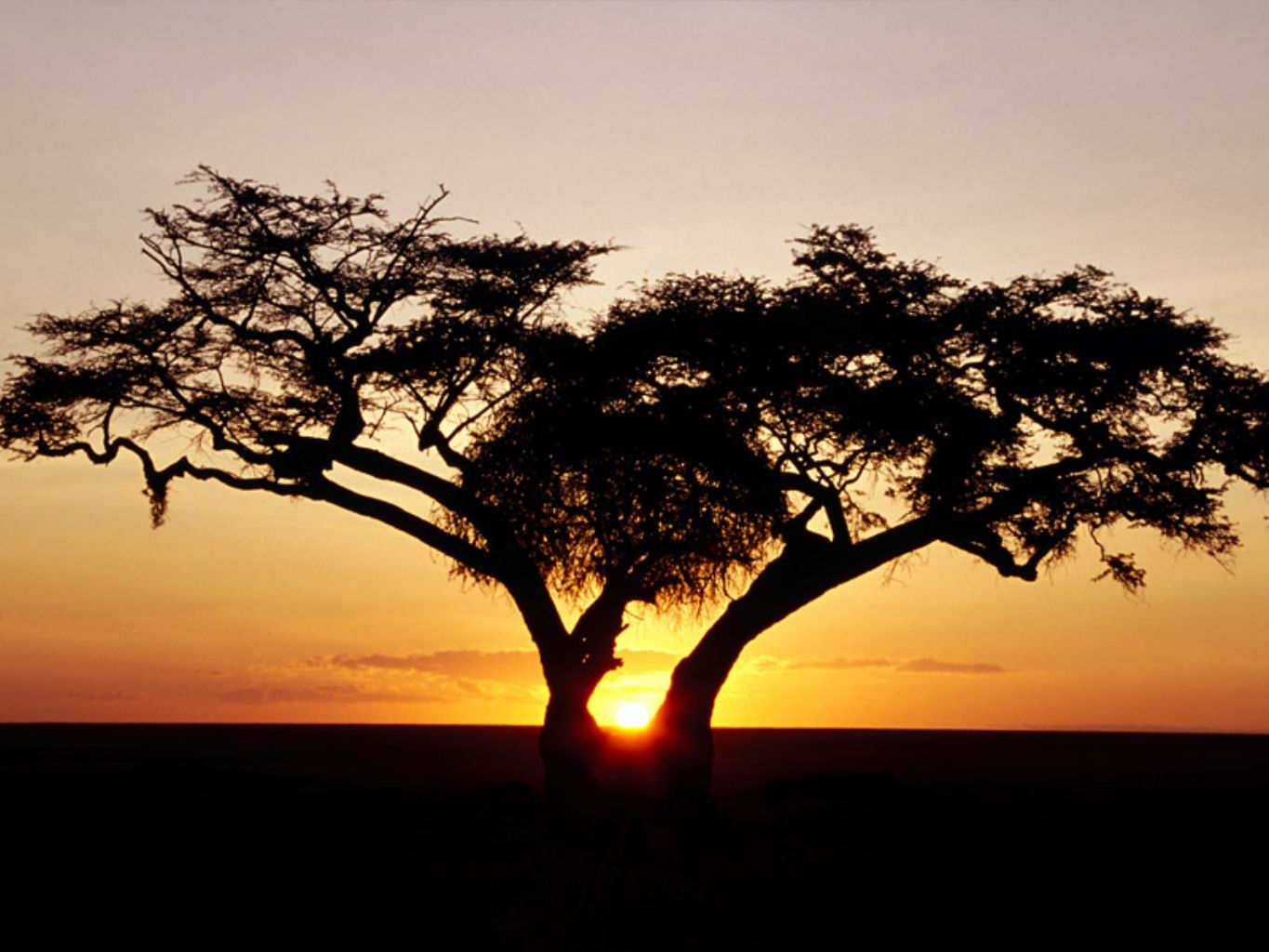In Canada… Looking Back
There are so many questions – questions I’m tempted to ask but also tempted to leave safely unanswered. Is the Sudanese government serving its people well? No. The Khartoum-based
government has not put as much effort into making the comprehensive peace agreement function as it should. There is a lot of money pumped into Sudan from various countries and organizations. Where is it?
Should the United Nations be in Sudan or specifically, southern Sudan? Is it doing a good job? The UN is doing a good job of providing local employment, but that is just a side benefit of it being
there. I thought the UN was supposed to support those of us in the field. If so, it did an incredibly poor job, at least from the grunt-at-ground-level perspective. And what happened to all the reports we wrote and sent up the chain? We never saw any response or action from higher headquarters – unless we filled out a form incorrectly. The UN seems like this huge monolith that is so cumbersome and political that it survives by feeding on itself. We need something tight, small, efficient, responsive, quick that is on the ground and knowledgeable about all issues. Should the non-governmental organizations be there as well, and are they doing a good job? My impression was that the NG Os suffered from the same problems as the UN and could have also benefited
from the same solutions. Once we got the local employees of the non-government organizations to sit down and talk to each other, it sounded like great things were going to happen. I left before I saw this outcome. The answers to these questions are beyond my pay grade, and probably
belong in a book. There is no question that I met some fantastic individuals – men and women with whom it was an honour and privilege to work. Some will remain lifelong friends. As always, the best part of any deployment, training or course is the people you meet.
The Sudanese people are simply and purely wonderful. They just want and need a helping hand. The potential in their country is huge. Tourism, fuel exports, crop production, manufacturing (clothing, metalwork, etc.) But, collectively, they need to develop the habit of looking to themselves and their own resources, rather than automatically looking to the government.
I wish I could adequately express what I have seen and experienced in the Sudan. If I could describe what those of us who lived Sudan feel in our souls. It would make you weep. It would make you laugh deep from your belly. It would make you want to hop on the next plane over there
and, at the same time, it would make you want to run away.
Did I say dichotomous? I did learn a few lessons. I learned to not preach when I came home to Canada. People don’t want to hear it, even if they ask. I learned that I can do something beyond
writing a cheque to my favourite charity. I learned that there is beauty and hope in the saddest places. I learned that Canadian military members are, indeed, respected around the world. I learned lots of frustrating and disgusting things about the UN and a few good things. I learned much about myself, some good and some not so good. I discovered that I do have passion.
I learned that despite coming home at the end of October, the essence of Sudan is still in my blood. Simply put, I fell in love with Africa and its people.




















